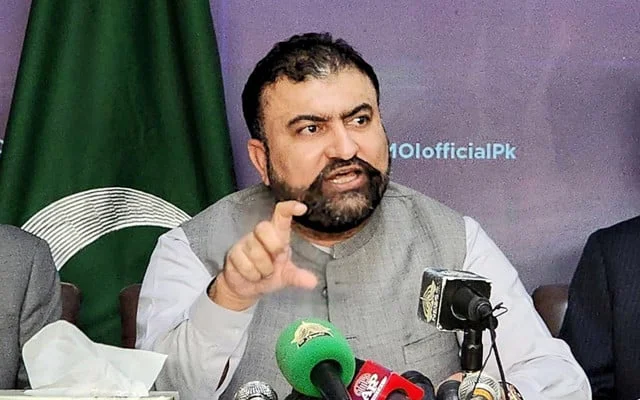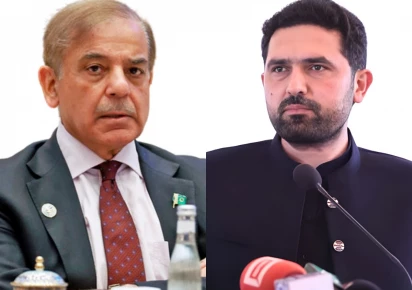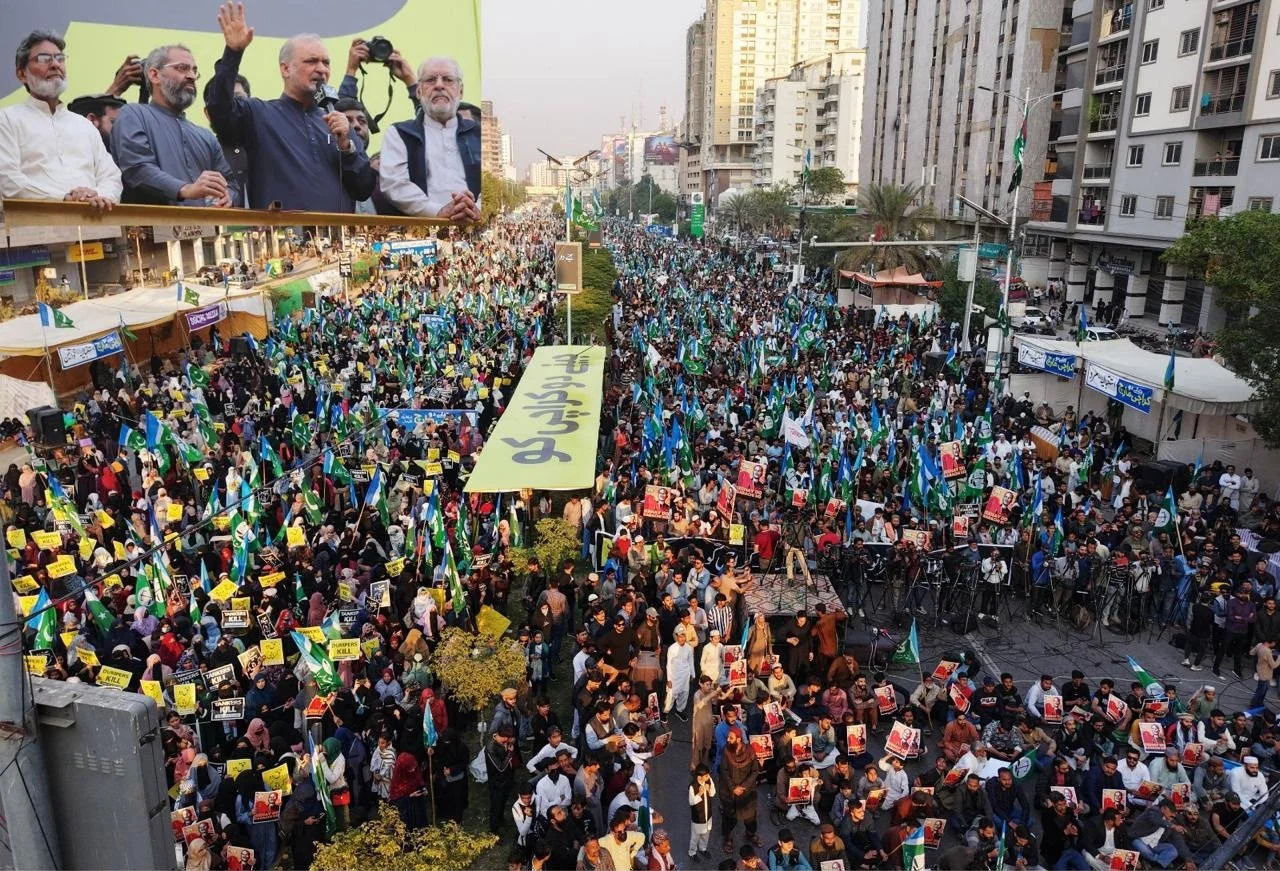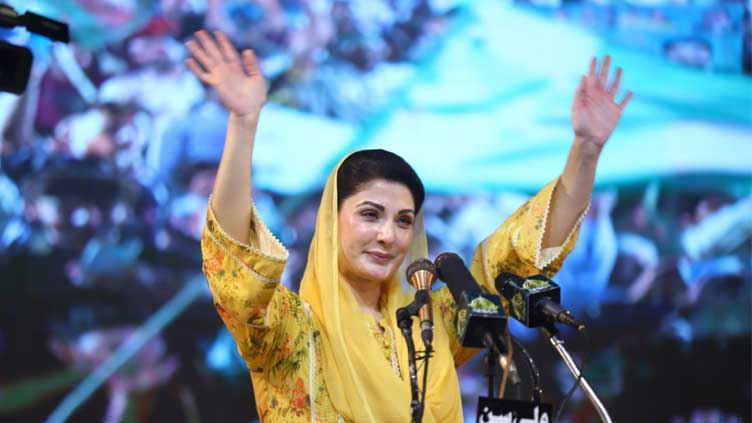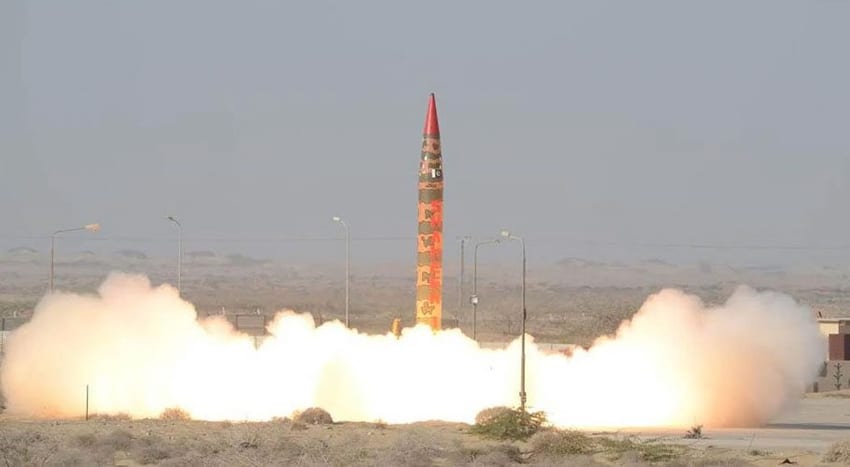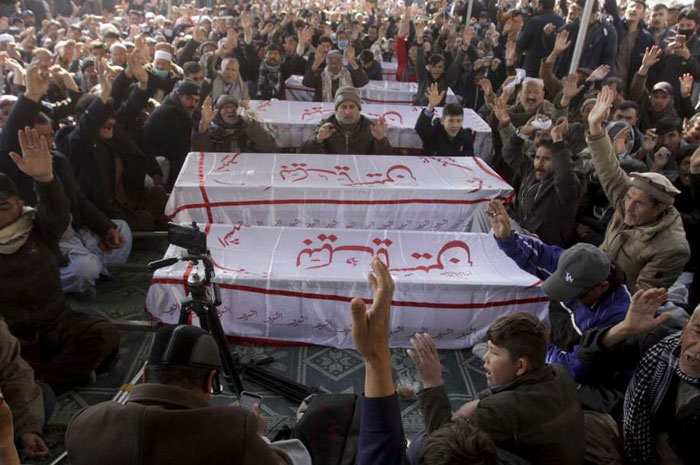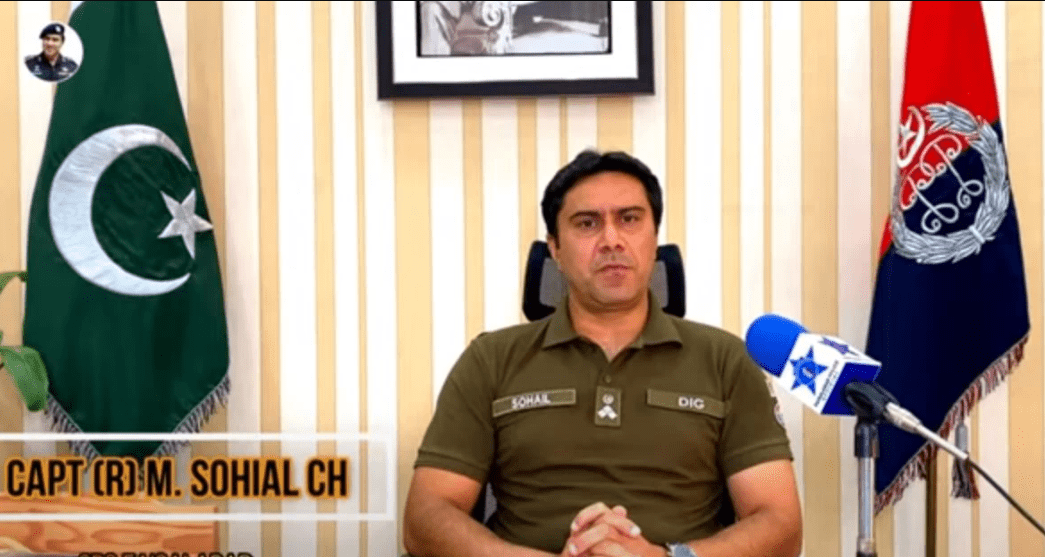Mini-budget: Govt mulls ordinance, IMF asks for a bill
Published On 06 Jan, 2023
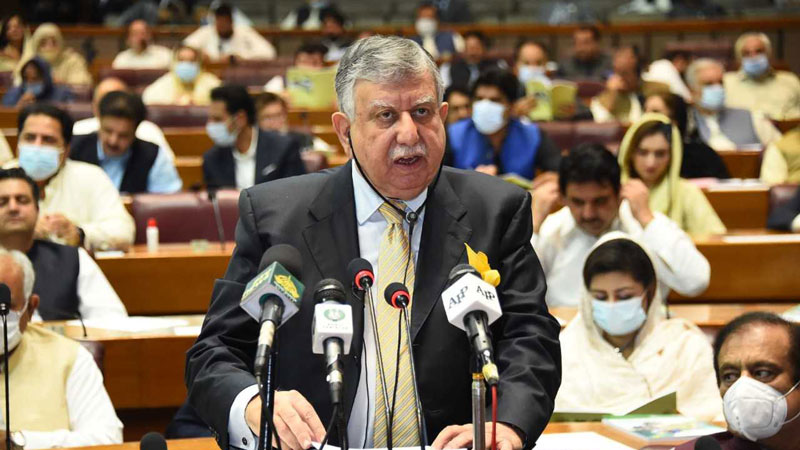
The Pakistan Tehreek-e-Insaf’s (PTI) government has been mulling over promulgating a presidential ordinance to pass a mini-budget and meet the targets of the prior action set by the International Monetary Fund (IMF) for the resumption of the $6 billion programmes.
Finance ministry officials have said that this is being done as there is little possibility of getting the mini-budget passed through the parliament during the ongoing session which started Wednesday.
The finance bill was not part of the session’s agenda released by the National Assembly secretariat.
The mini-budget is being introduced to roll back tax exemptions worth Rs350 billion.
The government is working on a deadline as these exemptions need to be reverted before the IMF’s executive board meets on January 12 to decide on the resumption of the programme.
But, it won’t be smooth sailing for the government as the IMF has, in November’s staff-level agreement, rejected the government’s proposal to promulgate an ordinance. It insists on legislation through the Parliament.
Bill vs Ordinance
The government is opting for an ordinance as it is short on time and getting legislation passed through Parliament is a lengthy process.
It is also wary that opposition will create hurdles in the passage of mini-budget if tabled in Parliament.
But an ordinance can’t be promulgated when Parliament is in session. In this regard, both the government and the Federal Board of Revenue (FBR) are saying that consultations are being done over the course of actions.
Sources in the government have said that calling a joint session is not being considered as an option. The government called a joint session on November 17 and bulldozed a record 33 bills in a single sitting.
For the time being, the government is planning to promulgate an ordinance that lasts for three months. It will seek another three-month extension till June 2022 when the budget for the fiscal year 2022-23 will be tabled. The government intends to make these changes a part of that budget.
What is a mini-budget?
Every year, the government presents a budget. It is also called the finance bill or the money bill.
The government needs National Assembly’s approval for money bills. These bills include measures like imposition of new taxes, rolling back or extending tax exemptions, and modifying duties.
But, if during a fiscal year, the government feels the need to make urgent fiscal adjustments which can’t wait till the next finance bill, it tables a mini-budget in the parliament.
What is happening on January 12?
On January 12, IMF’s executive board is meeting to decide on releasing a tranche of $1 billion to Pakistan. If released, it will resume the $6 billion programme which started in 2019.
The executive board’s decision will depend upon the country’s progress on the action plan agreed with the Fund.
These prior actions include the passing of the State Bank of Pakistan (Amendment) Bill, withdrawal of tax exemptions and increase in energy tariff.
The government has taken some steps towards these targets. The electricity tariff was hiked and the petroleum levy was raised earlier this month.
But, these measures didn’t require Parliament’s approval. Removal of tax exemptions and the SBP amendment bill do.
If Pakistan meets these targets, it will present a compliance report to the IMF. If the Fund is not satisfied with the progress on the prior action plan, the programme will end.
It will spell a new set of challenges for PTI’s government which is already battling to sustain a fragile economy.
The IMF’s programme is not limited to the money which Pakistan receives. Becoming part of the programmes works as a guarantee when the country goes to other financial institutions like the World Bank or Asian Development Bank for loans.
If Pakistan is not part of the programme, barely get any money from these bodies.
